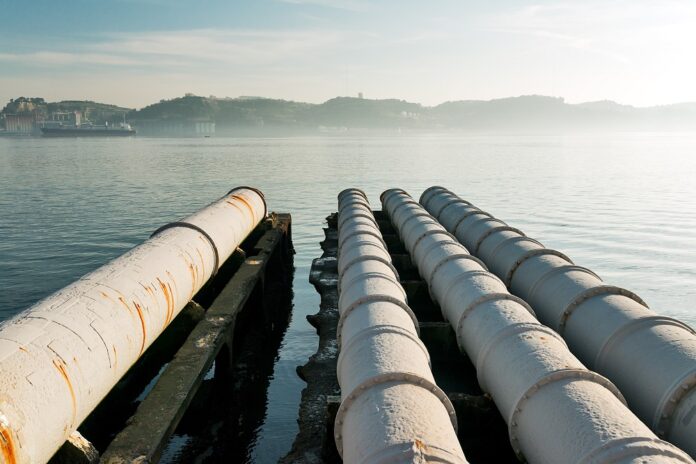The European Union (EU) is poised to grant member states the power to halt gas imports from Russia and Belarus. This means that any EU country will have the authority to block companies affiliated with either Russia or Belarus from buying capacity in gas pipelines and liquified natural gas (LNG) terminals.
And even though the 27 member states have reduced their energy imports from Russia following its invasion of Ukraine, some member countries like Austria and Hungary remain heavily reliant on Russia for their energy.
The European Commission intends to get member states to become completely independent of Russian gas imports. Member countries like Poland and the Baltic states have been calling for a tougher stance against Russia.
EU members would still be able to “partially or, where justified, completely limit” gas operators from Russia and Belarus accessing infrastructure “where necessary to protect their essential security interests”, according to a draft viewed by the Financial Times.
The draft is expected to be approved by negotiators from EU countries and the European Parliament on Friday, December 15, 2023.
To avoid destabilizing markets if an outright ban is put in place, The European Commission has tried to convince member countries to diversify their fuel sources, setting a goal to be independent of Russian energy by 2027.
The pressure to cut off dependence on Russian energy exports is further exacerbated by the fact that Russia supplied around 12 percent of the EU’s entire gas imports, including LNG, in the third quarter of 2023, according to Eurostat. EU’s energy dependency is keeping Russia on the energy map, which is aiding it in sourcing the funds to continue its war in Ukraine.
The EU’s energy commissioner, Kadri Simson, has frequently pushed for the EU to take a stronger position to loosen Russia’s chokehold on the European energy markets, saying at a conference in Warsaw in September, that the EU “must reduce Russian LNG exports to phase them out completely”.
Spain and Belgium, have become the biggest importers of Russian LNG only second to China. The two countries have sizeable regasification terminals which is driving their addiction to Russian LNG.
New contracts for the trans-shipment of Russian LNG have been banned by the Netherlands. The contracts involve the transfer of gas between Russia’s arctic fleets and tankers headed for countries with less adverse weather conditions, specifically in Asia.
Three EU countries including Spain, France, and Belgium have not followed in the footsteps of the Netherlands and are allowing the import and export of Russian LNG to continue, arguing that they are under contract agreements that they cannot break away from.
For now, EU sights are set on the 2027 deadline to end importing Russian gas and focus on extending last year’s measures to stabilize the gas crisis by cutting demand by 15 percent and deploying price caps for another year.
This remains to be seen, with a December 19 deadline set to decide on whether to extend last year’s measures but it could be expedited if this Friday’s EU energy ministers come to a consensus regarding the ban of Russian and Belarusian gas operators from accessing EU energy infrastructure.



